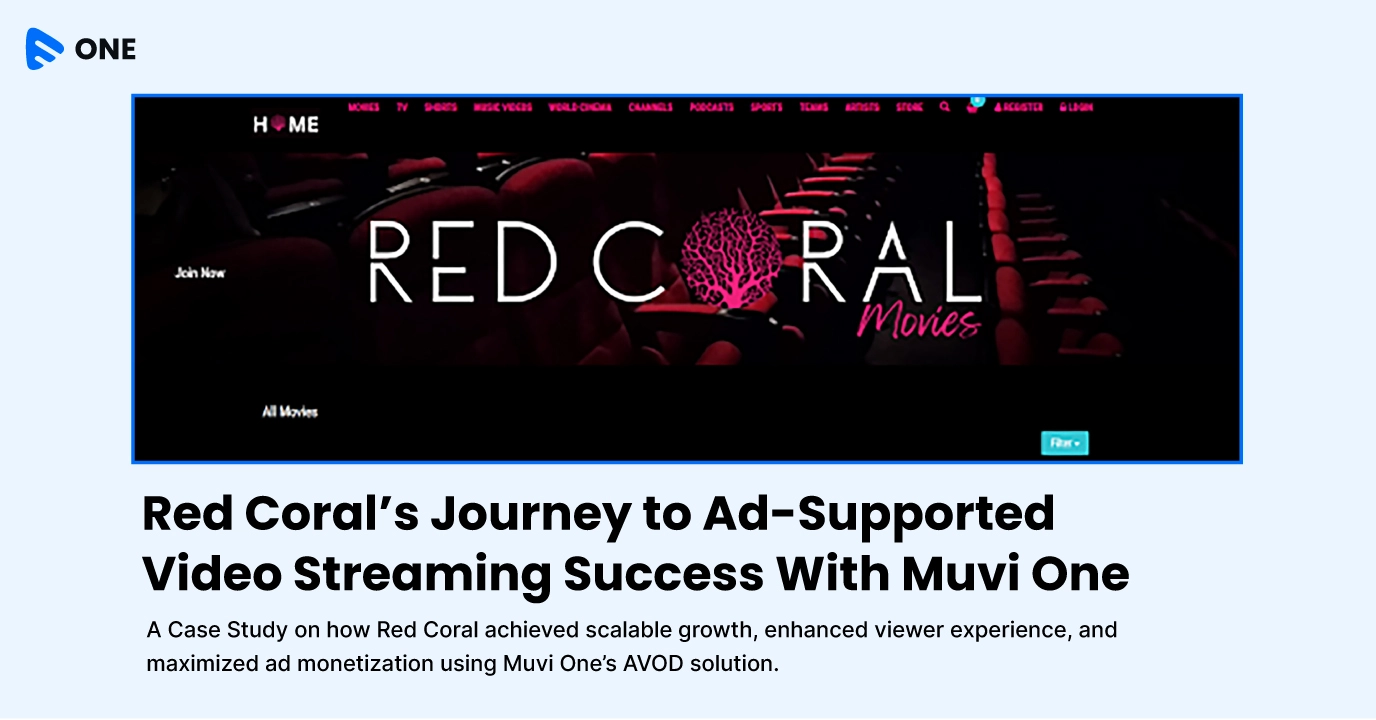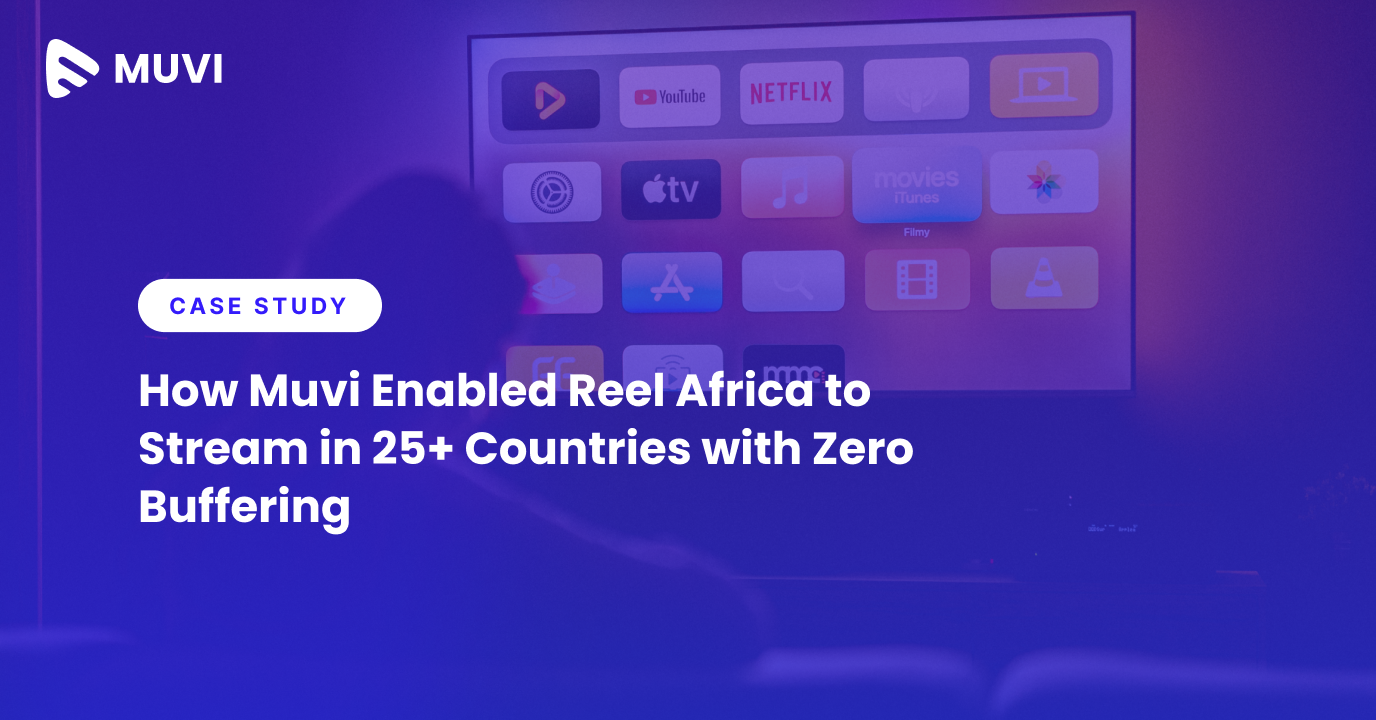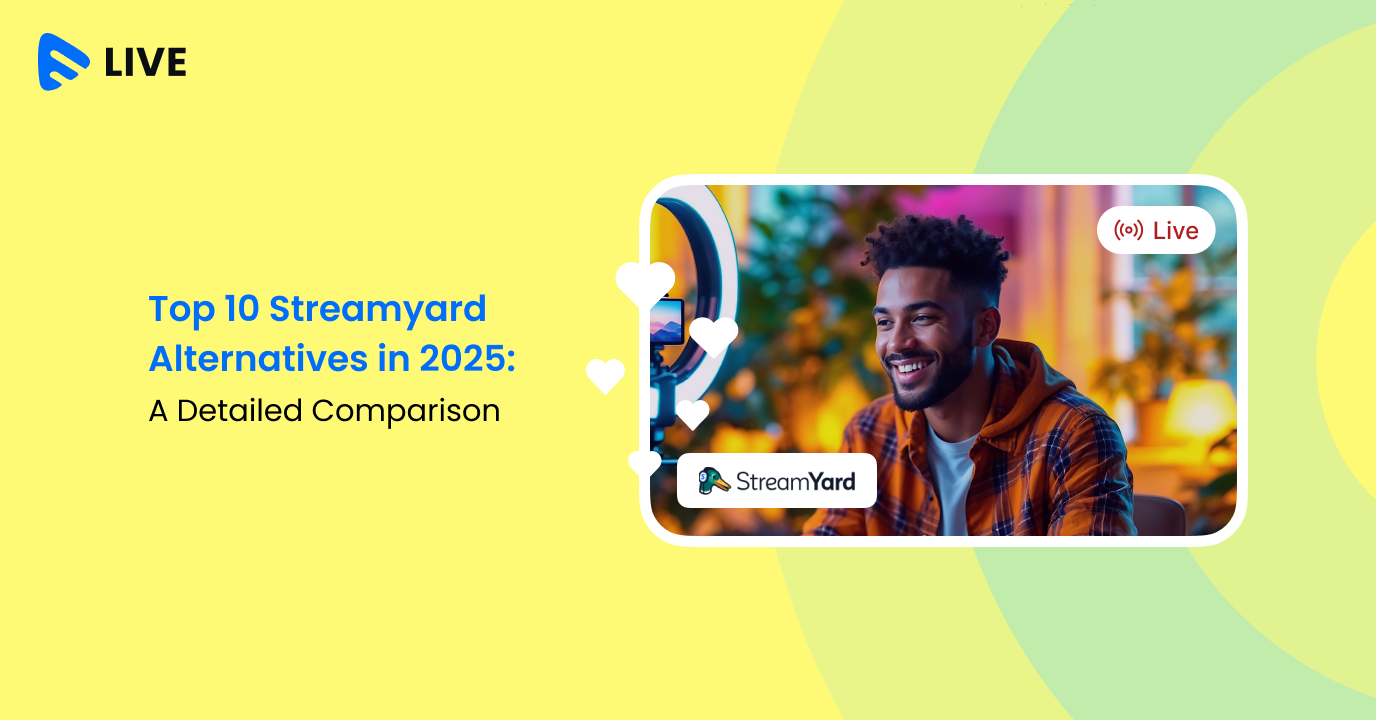Written by: Roshan Dwivedi
As the BBC approaches its 100th anniversary, the venerable broadcaster is in a pitched battle for its future against rivals like VoD services.
The newly-elected Conservative government wants to reduce the financing and the scope of BBC activities; it has just phased out a £750m subsidy that substituted for ‘free’ TV licence fees for persons aged 75 and over. This is in addition to the elimination of a £245m subsidy that had for decades funded the BBC World Service. Now both must be funded by others’ TV licence fees or some other funding source.
The biggest share of BBC revenues comes from the TV licence fee, which a household is required to pay if they watch (live) TV. Much like a driver’s licence but there is no exam to pass.
The Canadian experience provides a lesson on how not to fund the BBC. Canada abandoned the licence fee in the 1950s on the premise that TV, which was being introduced, was too expensive to be funded by individual households, especially since only a handful of homes had a TV in the early days. From that day to this the CBC has been subjected to tortuous annual negotiations for direct government funding. Abandoning the licence fee and not replacing it with another mechanism allowing the public to pay directly for public broadcasting was a mistake.
Every year the CBC must plead for government grants and the Corporation is continually on tenterhooks. On several occasions with the onset of a recession governments have made drastic cuts to the CBC budget as part of general austerity programs. There have also been times when funding has been cut ostensibly because of perceived journalistic bias or alleged inefficiencies. The public has no say in these cuts.
Lacking direct public funding and given the vagaries of annual grants from Parliament, CBC has sought out revenues from two other natural sources, advertising and subscriptions. Advertising on CBC TV has made the service indistinguishable from commercial networks and undermined one of the core purposes of public broadcasting, which is to examine all aspects of society, including government, without real or perceived servitude to any interest group. CBC TV has lately even resorted to turning over valuable prime time hours of its schedule to commercial broadcasters (Rogers NHL games and TV series).
CBC has successfully raised limited revenues in recent years from subscriptions but then, desperate for revenue, ran ads on these channels for any interest group or business that would pay. Subscriptions to individual services are increasingly difficult today as TV is becoming platform agnostic and, of course, it is not feasible to collect radio subscriptions.
If subscriptions are the way to fund public broadcasting then it should likely not be for individual services. Just as the current BBC licence fee covers the cost of not only TV but also radio and other BBC services, an overall fee added to the bill of pay TV and internet providers (fixed and mobile) could fund all BBC services. This is a concept being explored in Canada, since the present mechanisms to fund CBC have failed miserably.
Read the entire story here.














Add your comment